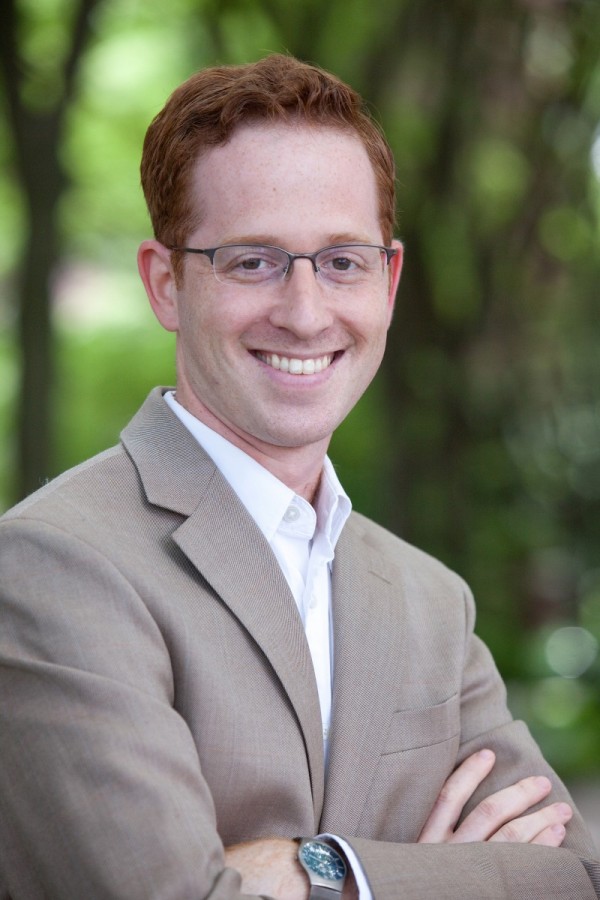HKS Professor Finds Significant Effect on Post-Secondary School Education
Joshua Goodman, Assistant Professor of Public Policy, has released a Faculty Working Paper on the impact of college counseling on the college enrollment decisions of low income students. He and coauthor Ben Castleman, of UVA, study a program called Bottom Line, which provides intensive college counseling to low-income high school seniors in Boston and Worcester, MA. Advisors help students complete their college and financial aid applications and, once students have received acceptances, assist students in choosing which college to attend. Bottom Line encourages students to attend one of 20 in-state colleges with decent graduation rates and relatively low net prices, the majority of which are public, four-year universities.
Evaluating the impact of college guidance is generally difficult because the guidance available to a given student is correlated with numerous other determinants of college choices. The research exploits the fact that Bottom Line uses a GPA threshold of 2.5 as a guideline for determining student eligibility. This guideline allows for a regression discontinuity design that compares college outcomes of students just above and below the threshold. Such students are nearly identical in terms of academic skills and all other characteristics, differing only in their access to the college guidance services provided by Bottom Line.
The research yields four main findings. First, counseling induces a substantial number of students to enroll in one of the encouraged four-year colleges. Second, its impacts are particularly pronounced for English language learners, for whom language barriers may make the complexity of the college and financial aid process especially challenging. Third, counseling lowers the net price of the institutions students choose by over $7,000. Fourth, there is suggestive evidence that counseling increases the overall share of students who enroll in and persist at four-year institutions.
This evaluation suggests that intensive college advising can have meaningful impacts on college enrollment decisions. Such advising may improve persistence and, ultimately, degree completion for low-income students.
